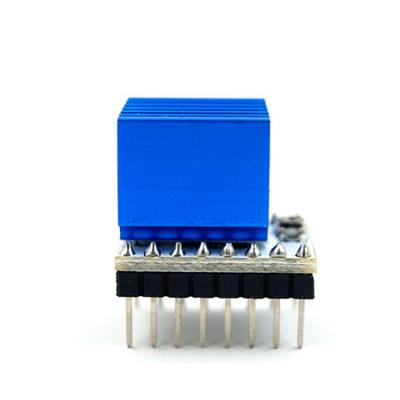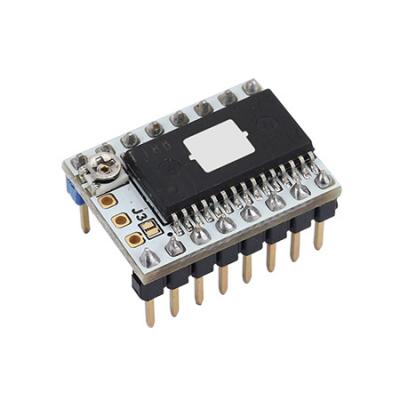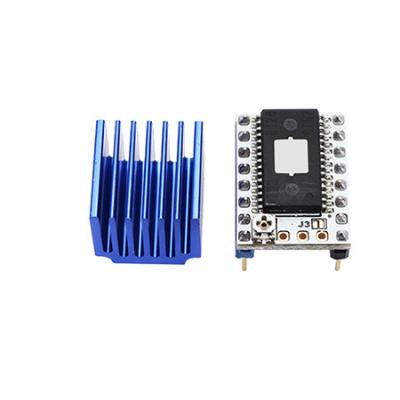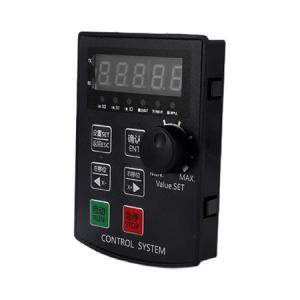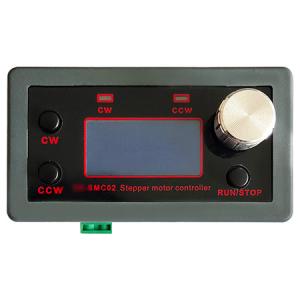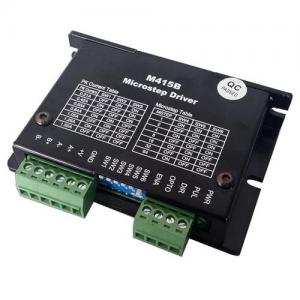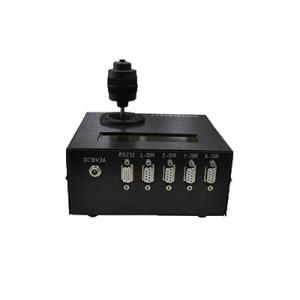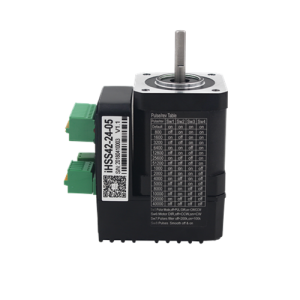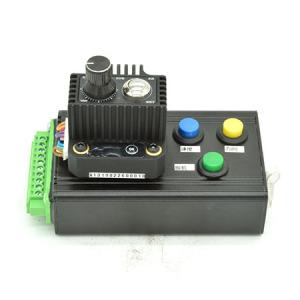Stepper driver Toshiba
The SureStepr SD6128 is a stepper driver board based on the THB6128 chip. It is simple to use and operate using an indexer (DIR/STEP) interface to move the stepper motors. The SD6128 is a drop-in replacement for Pololu style footprint drivers including the SD8825, A4988, A4983 and Stepsticks. One distinct feature of the SD6128 is that heat pad is located at the top of the chip. This makes heat sinking a lot easier and does not rely on the already small PCB area for heat dissipation.
Made with 4 Layer RoHS PCB
1, ½ , ¼, ?6?1, 1/16, 1/32, 1/64 and 1/128 Microstepping
Up to 2.2A peak drive current
Top mounted heat pad
Larger heat sink mounting area
Easy to use DIR/Step interface
Output pins for Decay and external Vref
Driver Chip:THB6128 with over current and over temp protection
Current Motor Supply : 2.2A max
Motor Voltage: 35V max
S109A driver is based on the Toshiba TB67S109 stepper motor driver chip design. It employs four layers of thick copper precipitation PCB with automatic patch processing. This driver uses indexer (DIR / STEP) control interface. Its maximum driver current can reach 4A. It can drive the 57 stepper motor, compatible with the Pololu pin definition.It can be used as a substitute for the A4988 module.
use four layers of thick copper deposited gold PCB.
allow full step, half step, ¼, ⅛, 1/16, 1/32 step.
maximum input voltage: 50V; maximum output current: 4A (at good heat dissipation condition).
equipped with large heatsink for better cooling effect.
high efficiency motor current control (as to advanced dynamic hybrid attenuation ADMD, ADMD Technology, its input current can be tracked more closely than the traditional mixed attenuation mode, so it can realize high-speed motor control under high speed conditions.)
chip built-in error detection circuit: thermal shutdown (TSD), over current shutdown (ISD), and power on reset (POR).
